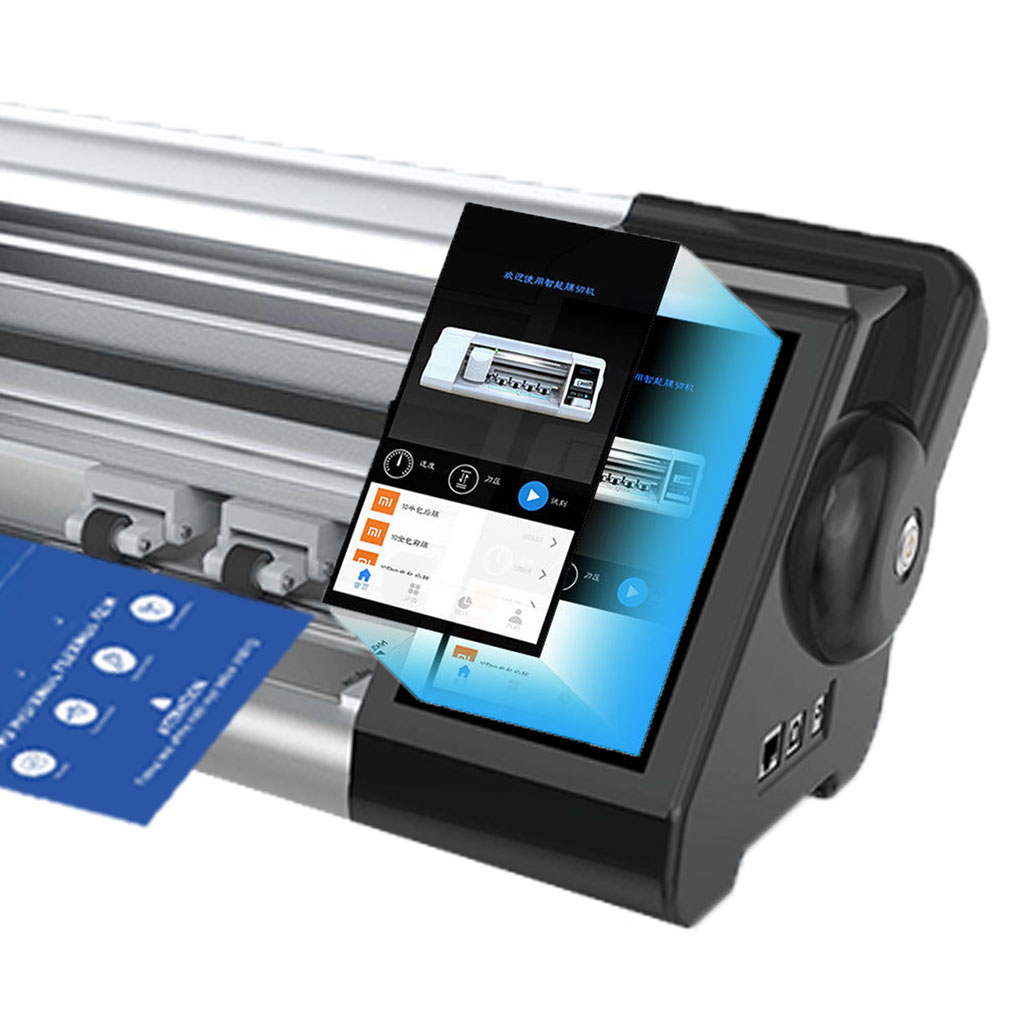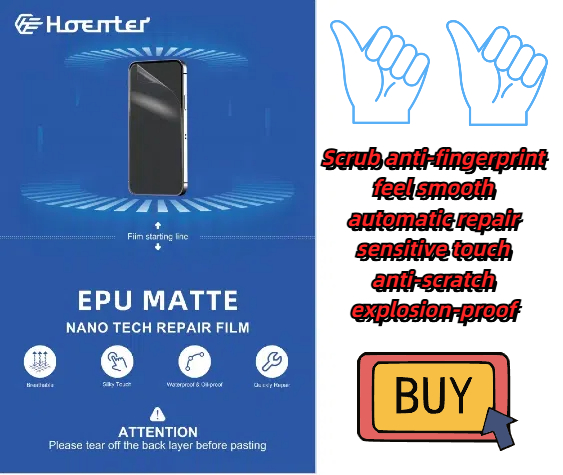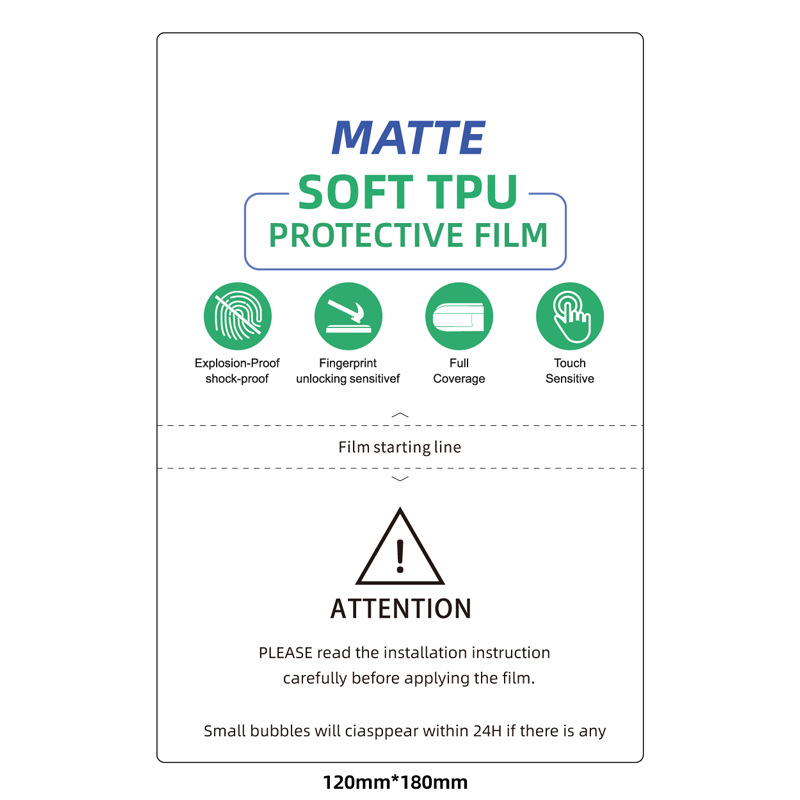
Are Hydrogel Screen Protectors Any Good?
Table of Contents
Summary
Key Takeaways:
- Hydrogel Protectors: Offer flexibility, self-healing, and impact absorption.
- Tempered Glass Protectors: Provide superior scratch resistance and durability.
- Cost Considerations: Hydrogel may be pricier but offers unique benefits.
- Installation: Requires careful alignment for best results.
Ultimately, the best screen protector for you is the one that aligns with your priorities, whether it’s maximum protection, flexibility, or ease of installation. Consider your lifestyle and how you use your device to make an informed decision.
Summary of Key Points:
- Hydrogel protectors are flexible, self-healing, and absorb impacts well.
- Tempered glass offers superior scratch resistance and durability.
- Installation of hydrogel protectors requires careful alignment.
- Cost varies, with hydrogel often being more expensive but offering unique benefits.
- Choose based on your protection needs and user experience preferences.
What is a Hydrogel Screen Protector?
Hydrogel screen protectors are a relatively new innovation in the world of screen protection. Made from a soft, flexible material, they offer unique benefits compared to traditional protectors. But what exactly makes them stand out?Hydrogel protectors are crafted from a gel-like material that provides a snug fit over your device’s screen. This flexibility allows them to absorb impacts more effectively than rigid protectors. Additionally, their self-healing properties mean minor scratches can disappear over time, maintaining a clear view of your screen.How Does Hydrogel Compare to Tempered Glass?
When it comes to screen protection, tempered glass has long been a popular choice. But how does it stack up against hydrogel?Tempered glass protectors are known for their durability and hardness. They provide excellent protection against scratches and drops, often at the cost of being bulkier. In contrast, hydrogel protectors are thinner and more flexible, offering a different kind of protection that focuses on impact absorption and self-healing.
The Benefits of Hydrogel Screen Protectors
Hydrogel screen protectors offer several advantages that make them an attractive option for many users.Self-Healing Properties: One of the standout features of hydrogel protectors is their ability to self-heal. Minor scratches and scuffs can disappear over time, keeping your screen looking pristine.Flexibility and Fit: The flexible nature of hydrogel allows it to conform closely to the screen, providing edge-to-edge protection without adding bulk.Impact Absorption: Hydrogel’s soft material is excellent at absorbing impacts, reducing the risk of screen damage from drops.
Are There Any Drawbacks to Hydrogel Protectors?
While hydrogel protectors have many benefits, they are not without their drawbacks.Less Scratch Resistance: Compared to tempered glass, hydrogel protectors may not offer the same level of scratch resistance. They are more prone to minor abrasions, although these can self-heal over time.Installation Challenges: Installing a hydrogel protector can be trickier than a tempered glass one. The flexible material requires careful alignment to avoid bubbles and ensure a perfect fit.Tempered Glass: The Traditional Choice
Tempered glass protectors have been the go-to choice for many due to their robust protection.Durability: Tempered glass is incredibly hard, providing excellent protection against scratches and impacts. It’s a reliable choice for those who prioritize screen safety.Clarity and Touch Sensitivity: These protectors offer high clarity and maintain the touch sensitivity of your device, ensuring a seamless user experience.Hydrogel vs. Tempered Glass: Which is Better for You?
Choosing between hydrogel and tempered glass depends on your priorities.Protection Needs: If you need maximum scratch resistance and durability, tempered glass might be the better choice. However, if you prefer a thinner, more flexible protector with self-healing properties, hydrogel could be ideal.User Experience: Consider how each protector affects your device’s usability. Hydrogel’s flexibility might appeal to those who dislike the bulk of tempered glass.The Cost Factor: Are Hydrogel Protectors More Expensive?
Cost is often a deciding factor when choosing a screen protector.Hydrogel protectors can be more expensive than basic tempered glass options, but they offer unique benefits that justify the price for many users. The self-healing feature and flexibility might be worth the extra cost if these aspects are important to you.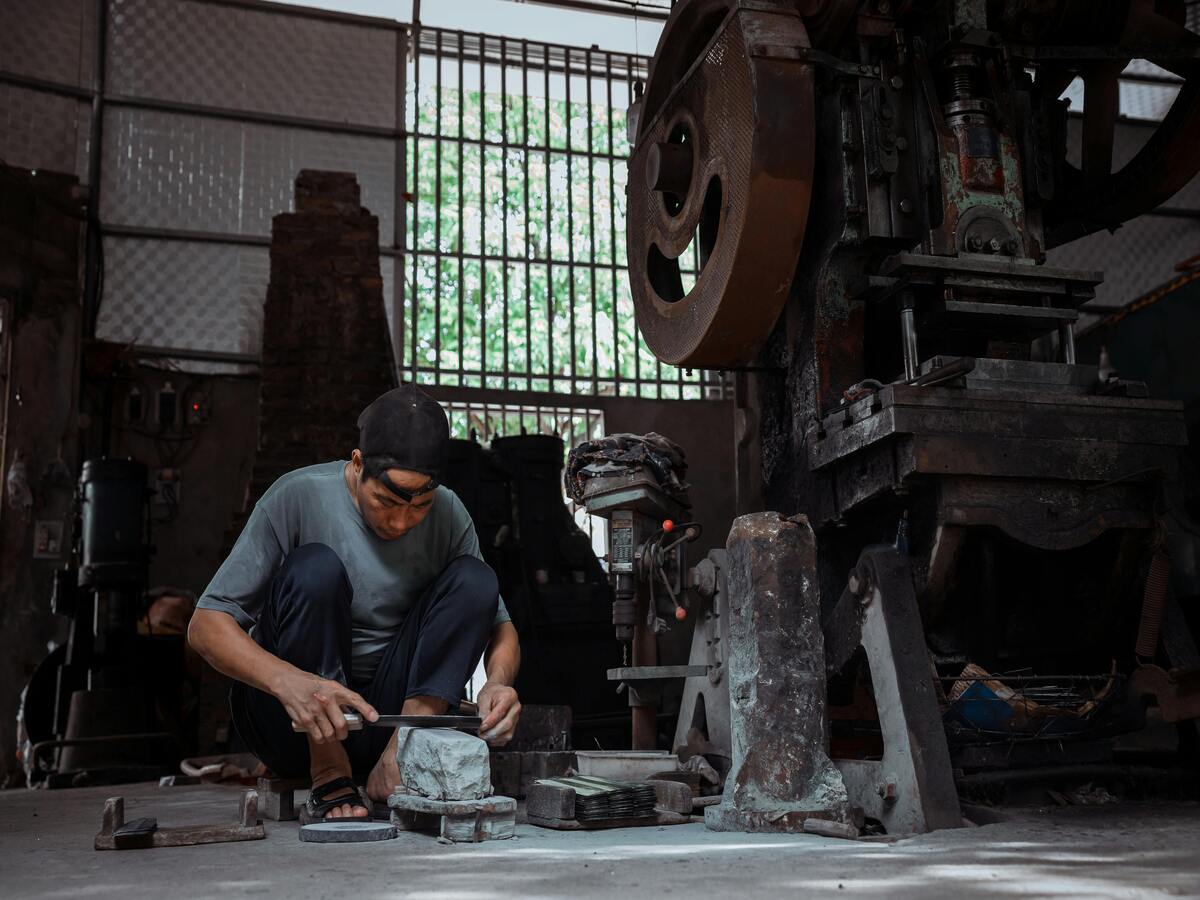
Installation Tips for Hydrogel Screen Protectors
Installing a hydrogel protector can be a bit tricky, but with the right approach, you can achieve a perfect fit.Clean the Screen Thoroughly: Ensure your screen is free of dust and fingerprints before applying the protector.Align Carefully: Take your time to align the protector correctly. The flexible material allows for adjustments, but precision is key to avoiding bubbles.Use a Squeegee: A squeegee can help smooth out any bubbles and ensure a snug fit.Real User Experiences: What Do People Say About Hydrogel Protectors?
Hearing from real users can provide valuable insights into the effectiveness of hydrogel protectors.Many users appreciate the self-healing properties and flexibility of hydrogel protectors. They report that minor scratches disappear over time, and the protector’s thinness maintains the device’s sleek profile. However, some users note that installation can be challenging, requiring patience and precision.Comments
Tags

The Manufacturing Process- Inside a Screen Protector Factory
The manufacturing process of screen protectors combines material science, technological innovation and environmental responsibility. As technology advances, the industry is constantly addressing challenges related to sustainable development while providing device protection.
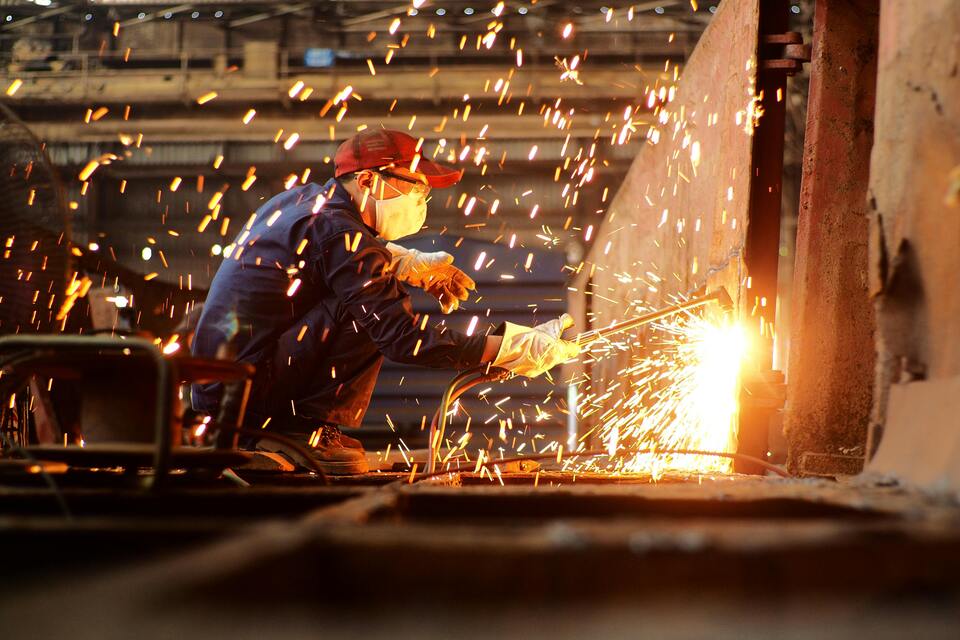
How to Remove Screen Protector on iPad?
By following these tips, you can safely and easily remove your iPad’s screen protector, ensuring your device stays in excellent condition.

Tempered Glass or Hydrogel Screen Protector
Choosing between a tempered glass and hydrogel screen protector ultimately depends on your individual needs and preferences.

Can You Put a Liquid Screen Protector on a Cracked Screen?
Applying a liquid screen protector on a cracked screen can be tempting, but it’s not a perfect solution.

Can a Screen Protector Hide Scratches?
By understanding your screen protector options, you can make an informed choice to protect and improve the look of your phone.
Find All knowledge and trends from our blog, get the wholesale price and best quality from our factory.
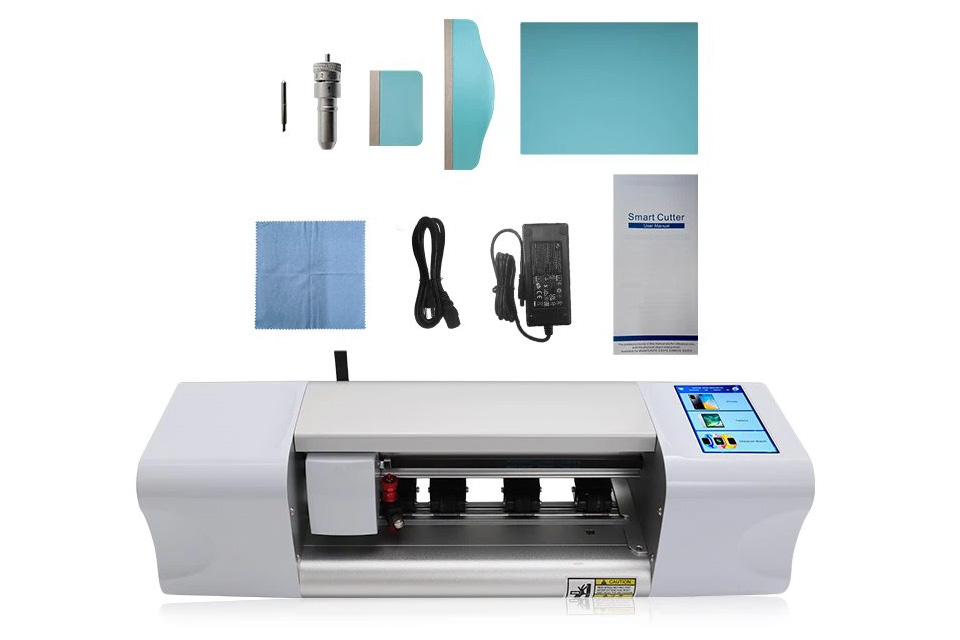
What Film Cutting Machine and Its Application
Film cutting machines have played a crucial role in the evolution of filmmaking and various industrial processes by enabling precise cutting and splicing of film materials.
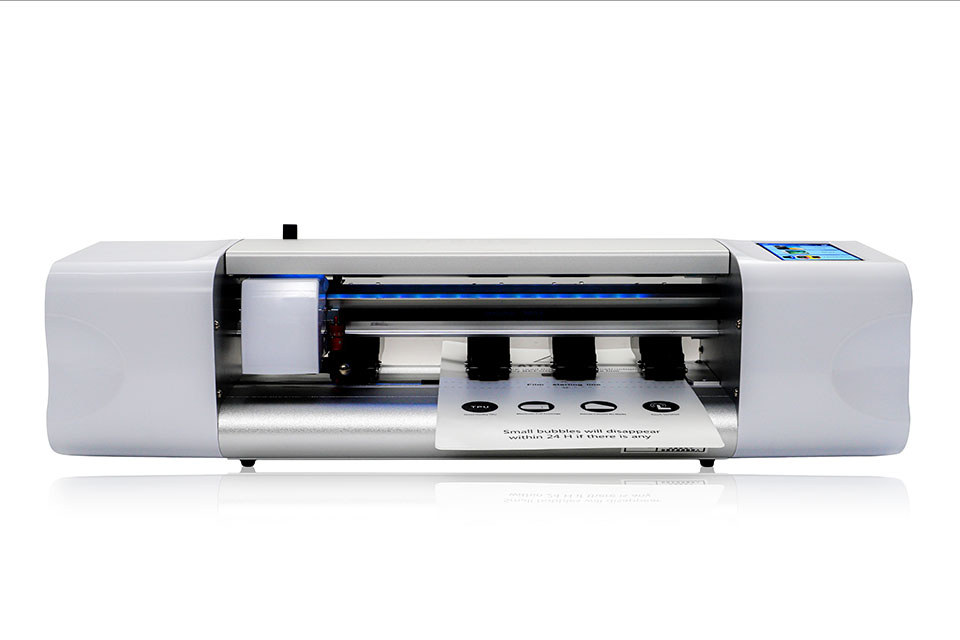
What Is a Screen Protector Cutting Machine?
A screen protector cutting machine is a specialized device designed to produce custom-fit screen protectors for various electronic devices, including smartphones, tablets, smartwatches, laptops, and monitors.
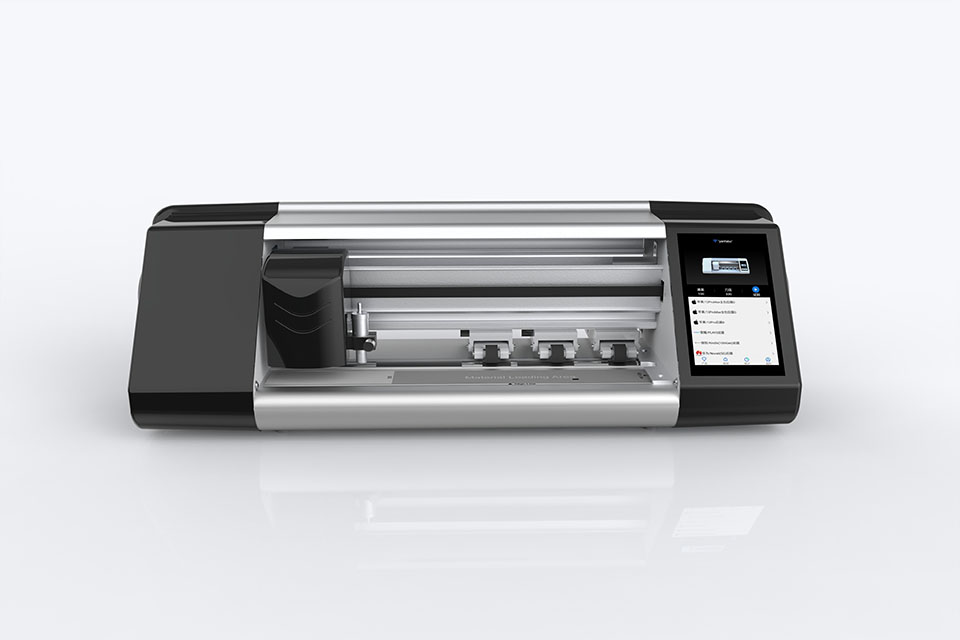
How Mobile Phone Screen Protector Cutting Machine Work?
A mobile phone screen protector cutting machine is a sophisticated device designed
to produce customized screen protectors for various digital devices with high preci
sion and efficiency.
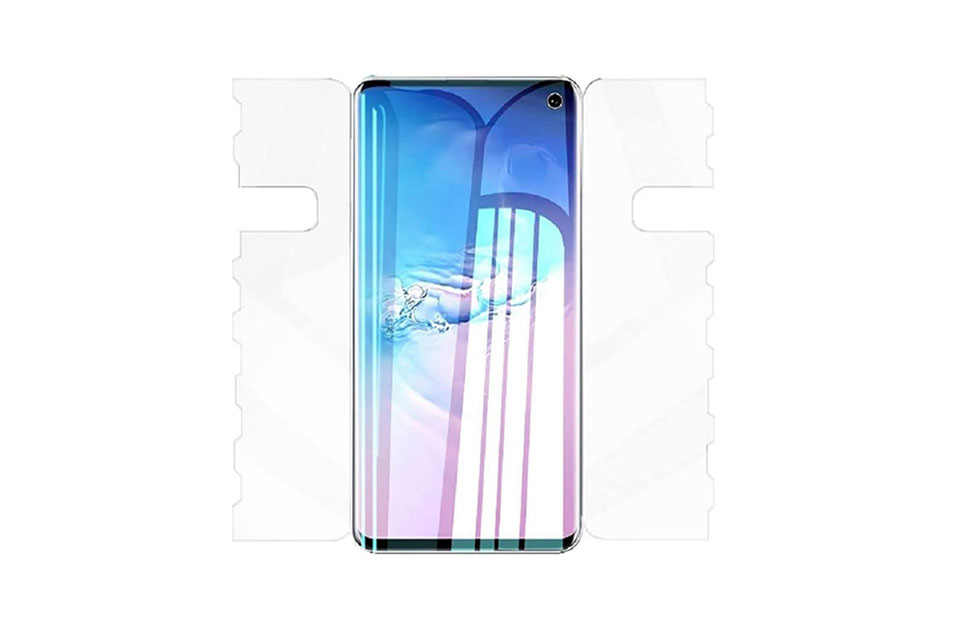
Characteristics of Mobile Phone Tempered Glass and Mobile Phone TPU Screen Protector
Thermoplastic polyurethane (TPU) screen protectors are flexible, durable, and
self-healing plastic films designed to protect electronic device screens from
scratches, impacts, and other potential damages.
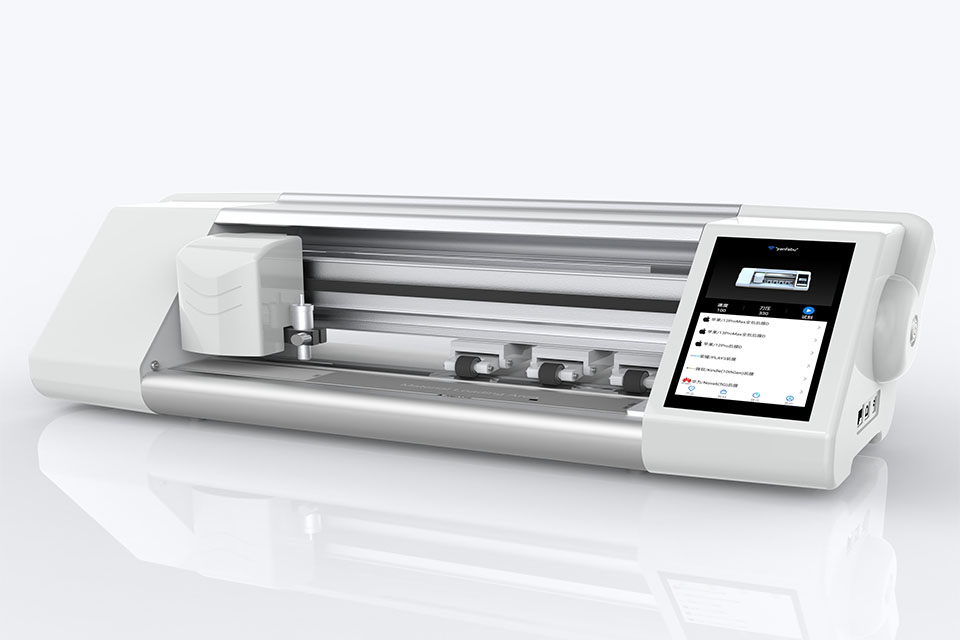
Revolutionize Device Protection with Screen Guard Cutting Machine
Whether you possess a smartphone, tablet, or smartwatch, this versatile machine accommodates a vast array of devices. It seamlessly adapts to the dimensions of your gadget, offering a custom fit that generic protectors can’t match.
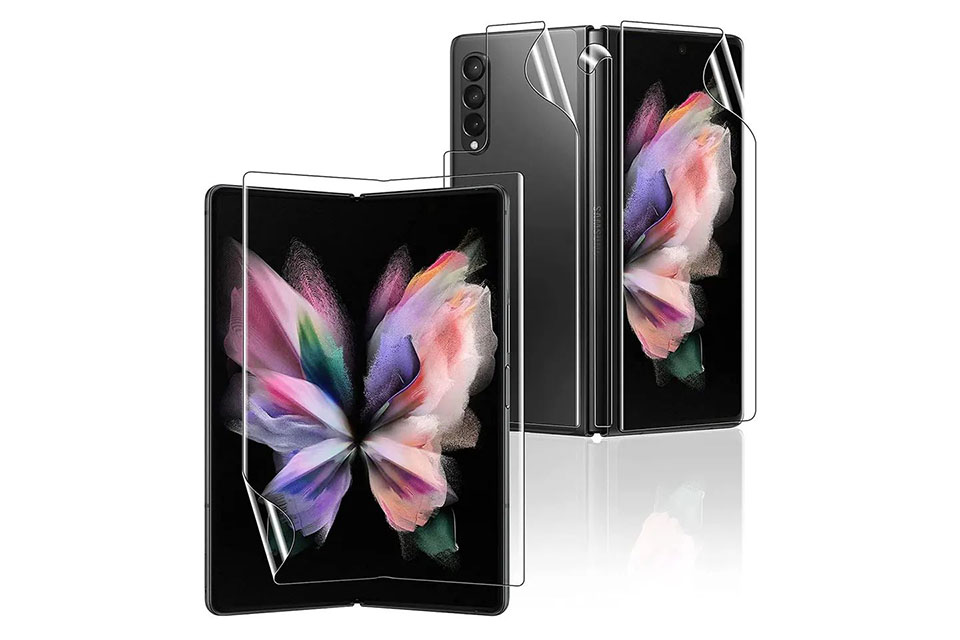
Screen Protector Lifetime Warranty
A screen protector lifetime warranty is a guarantee provided by manufacturers that
promises to repair or replace a screen protector for the lifetime of the product, under specific terms and conditions.

